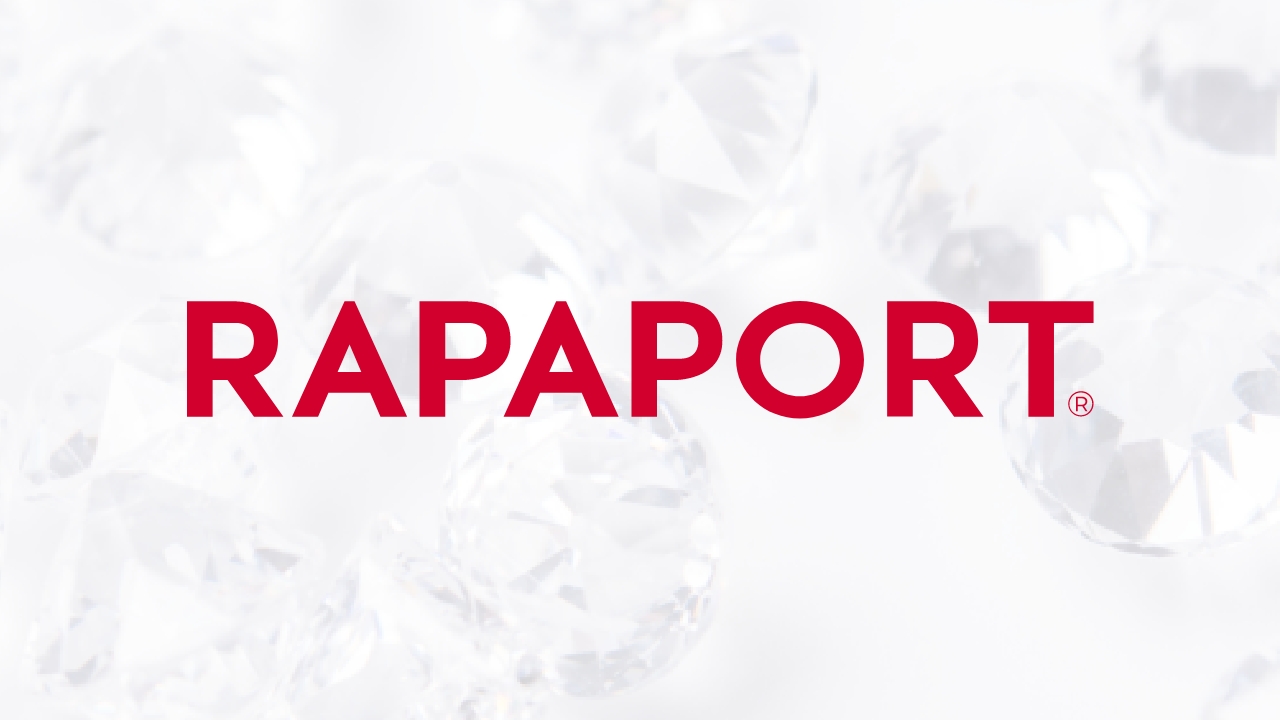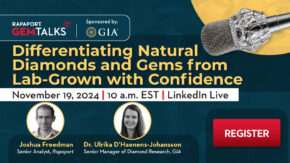Instances of misuse of mineral resources causing human and labour rights violations, ML/TF and corruption occur in any sphere of humankind’s economic activity. Each industry creates its own tools to mitigate risks in its supply chain and create conditions to root out such violations. Unlike many other consumer-facing sectors, the diamond industry has always been at the forefront of such work and over the years has evolved tremendously in terms of its supply chain regulation and integrity.
This integrity starts with the KP, the baseline and backbone of the diamond trade. The limitations of the KP are known. This said, the KP brought peace and stability to many African nations and remains a unique trade regulation scheme, signed off by the UN and the WTO. No other mineral has that. The KP is also a capacity building mechanism, especially helping the ASM sector. At the 2021 Moscow Plenary the KP endorsed the “Frame7” Principles — industry’s pathway towards best practices in human and labour rights, environmental protection, development of local communities, product information disclosure, anticorruption, AML/CTF, responsible diamond sourcing.
Soon it will be 20 years of the KP’s Interlaken Declaration, and the 2021 KP Chair made a call to summon the second Ministerial meeting to resolve most pressing items on the KP agenda, with the awaited new “conflict diamond” definition just around the corner.
Now about self-regulation. WDC renewed the System of Warranties and launched it last September. The SoW extends the KP beyond rough diamond trade, covering the supply chain from mine to retail.
Then we have third-party verification. The most comprehensive standard is the RJC’s Code of Practices that incorporated the OECD Due Diligence Guidance for Responsible Supply Chains. RJC also helps the industry progress on sustainability.
So what can one do? Implement industry standards that give tools to address your supply chain risks. There are no quick solutions and no silver bullet to justify inaction. Lack of integrity and transparency is not just a matter of a country, government, continent or industry but rather of an industry player handling diamonds.
Of course, one can opt to sit back and “relax” in serving one’s own commercial interests at the expense of the others, especially vulnerable communities whom many claim to be interested in helping. Disengagement solves nothing, but leads to steep aggravation of people’s lives at the source.
ALROSA’s greenfield project in Zimbabwe is a proud example of promotion of strict governance and community engagement that is driven by ALROSA Alliance Guidelines on Responsible BusinessPractices. ALROSA stands committed to expanding its regulatory and sustainability principles of work by including our new assets in our RJC certification scope, thus making ALROSA (Zimbabwe) Ltd the first ever entity in the country to be RJC certified. This is done prior to the exploration stage and long before the mining stage to make sure that whenever those diamonds enter international markets there is no doubt as to their responsible origin.
Martin, it is time for you to come to Zimbabwe. We would be happy to show our operations and share our story, including diamond provenance programs aimed at protecting the reputation of our industry.
Peter Karakchiev, Head, International Relations, ALROSA
eng.alrosa.ru



